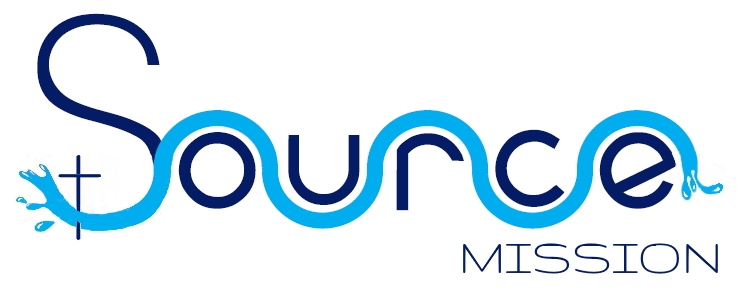I should be sleeping, that would be the best thing for me now. But instead, I am writing a blog post that is not helping me sleep (if it is boring enough, it may help you sleep) nor helping you know what we are up to in Uganda. So, sorry. You’re gonna have deal with it, or just stop reading here.
For those of you still reading this, we have this great children’s music CD with lots of fun songs on it. It also has a sweet lullaby on it, from the songwriter/performer to his daughter. The chorus lovingly and melodiously reassures his daughter that she needs to “try your best just to be yourself and everything will be alright.” Lovely song. Horrible lyric.
We also have lots of fun movies that our kids like (or liked, our kids are getting older now). Disney movies, Pixar movies, and other animated movies for young families. Let’s start with some children’s classics like Ariel, Aladdin, and Antz. What do they all have in common, other than the letter “A”? The hero or heroine in all of these movies exerts his/her independence by following their heart, going their own way, staying true to themselves. They go against the majority (usually their parents, friends, other authority figures who think they know best) to make a choice that is right for them, and them alone.
In the movie Aladdin, the Sultan must change the law in order to let his daughter marry whomever she wishes – she chooses Aladdin, despite her fathers wish that she marry a prince. Ariel defies her father and chooses her own path, gettting legs and becoming human (and, of course, meeting and marrying her prince charming in the process). According to Wikipedia, the plot of the movie Antz can be summed up as “a neurotic and individualistic worker ant living in a wholly totalitarian society who longs for the opportunity to truly express himself.” The Ant, named “Z”, does in fact find a way to express himself and, along the way, he meets and wins the heart of the beautiful ant princess Bala who ditches the social expectations of being a princess and chooses Z instead.

Hmmm. II Corintians 4:7 says “We now have this light shining in our hearts, but we ourselves are like fragile clay jars containing this great treasure. This makes it clear that our great power is from God, not from ourselves….” (NLT)
Contrast this to Asia. Asian movies don’t revolve around individual misfits who long for an opportunity to truly express themselves. In the parts of Asia where western values have not yet taken full root, it is the parents who chose the prince charming or princess Bala with whom you will live happily ever after – this is hardly the stuff of Hollywood.
The stuff of Hollywood (and the American Dream) is rugged individuals following their own path. There are certainly upsides to our individualism: it has made America one of the most creative, inventive places on earth. But it also has a downside, one that is not always acknowledged. This is from a recent article in project syndicate: “The ‘virus’ of depression and schizophrenia, including their milder forms, is cultural in origin: the embarrassment of choices that [Western] societies offer in terms of self-definition and personal identity leaves many of their members disoriented and adrift. Comparative epidemiologists have repeatedly noticed something remarkable about these illnesses: only Western countries… are subject to this magnitude [of illness].”
For better AND for worse, our exaltation of the individual powerfully shapes our culture. In fact, it can also shape how we see the Gospel. In the West, the Gospel is often understood to be primarily about individual redemption and salvation – to the neglect of everything God is doing to redeem relationships, cultures, nations, to “reconcile to himself all things” (I Cor 1:20).
As we should expect, Western individualists and Eastern collectivists can’t claim to have God in their corner. We, westerners, can affirm that God is one and not a collective of “one with everything.” And easterners can then respond with “Yes, God is one, but He is also three-in-one.”
But whether we are European, African, or Asian, we can all agree that God is much bigger than the mental limits imposed by our distinct cultures!
